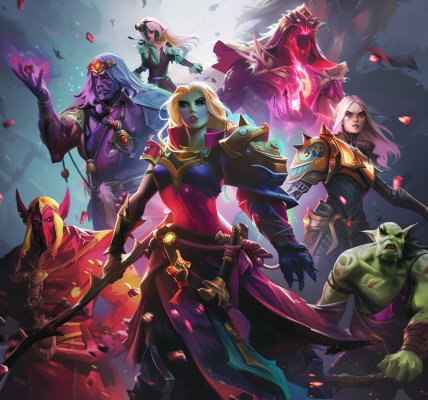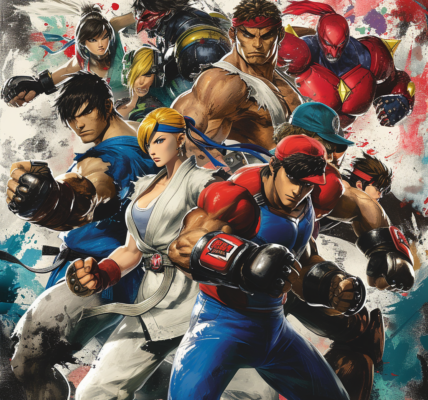A US teenager, Willis Gibson, also known as ‘Blue Scuti’, achieved the seemingly impossible by beating the Nintendo Entertainment System version of the classic video game Tetris, originally released in 1989. This remarkable feat sheds light on the evolving boundaries of human performance, particularly in the digital age.
Previously, the NES version of Tetris had only been conquered by artificial intelligence (AI), which demonstrated unparalleled proficiency in the game. However, Gibson’s accomplishment signifies a significant shift in the limits of human performance, showcasing the remarkable capabilities of individuals in mastering complex tasks.
As a cognitive science professor, I am fascinated by the acquisition of expertise, especially in the realm of video games. Gibson’s extraordinary achievement provides valuable insights into the evolving landscape of human performance and the transformative impact of technology on our abilities.
Gibson’s unprecedented success in playing Tetris at increasingly intense speeds for 40 minutes during a live stream culminated in setting new world records for high score, levels played, and lines cleared. Ultimately, his relentless pursuit led to the game crashing, signifying the realization of the once-thought unattainable goal – beating the game.
The significance of Gibson’s accomplishment extends beyond the realm of gaming, offering profound implications for understanding the potential of human capabilities and the evolving dynamics of performance in the digital era.
Stay tuned for more updates on groundbreaking achievements and the evolving landscape of human performance.





